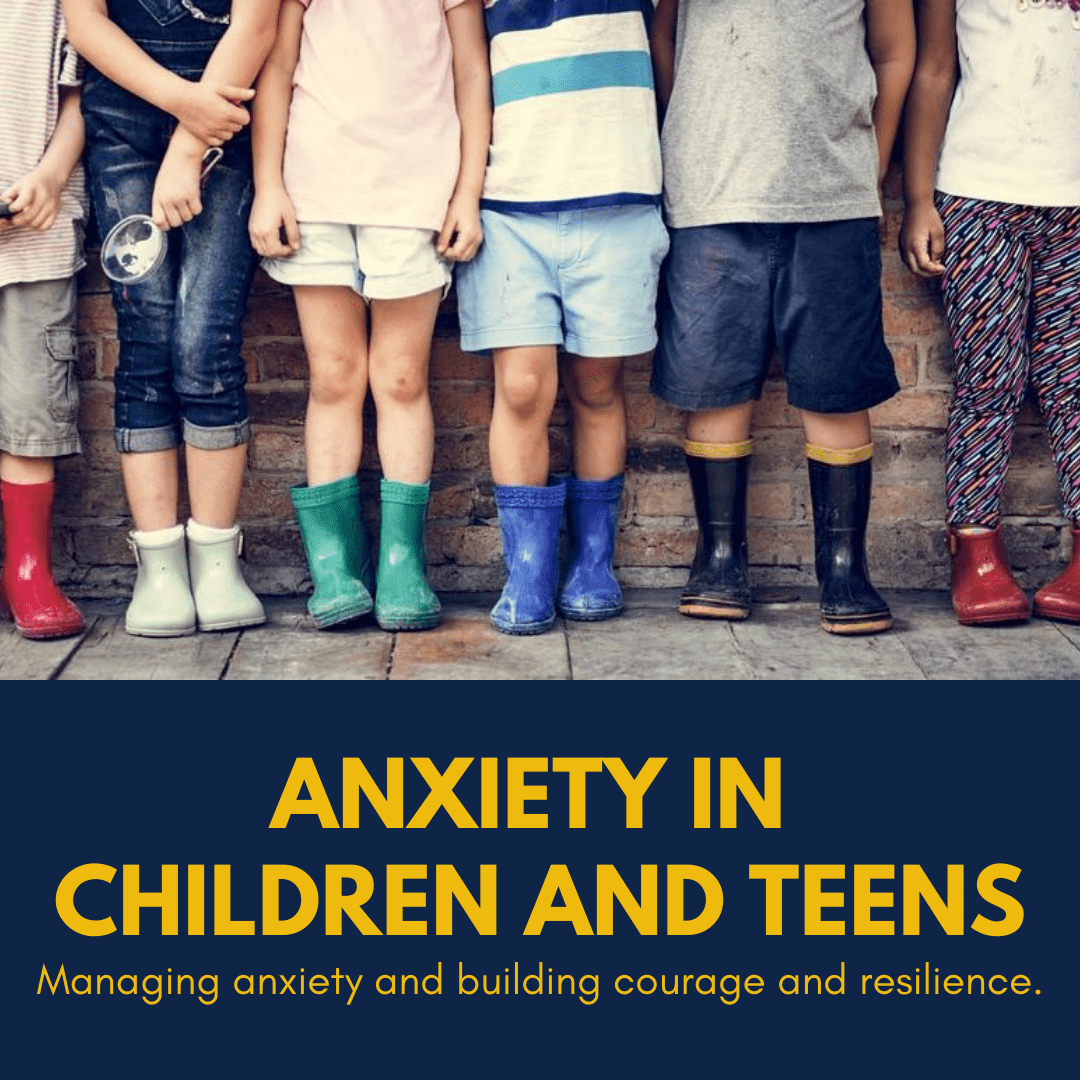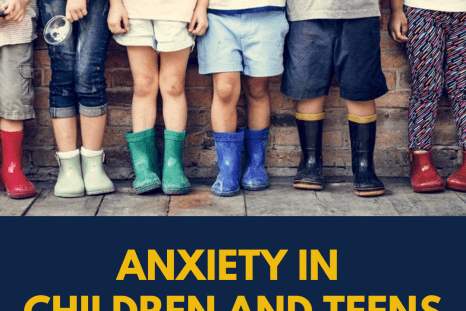This transformational session will provide parents and carers with the essential information and strategies to support their children and teens to build courage and resilience, uncovering their strengths, and take anxiety back to small enough.
Strengthening Kids and Teens Against Anxiety


